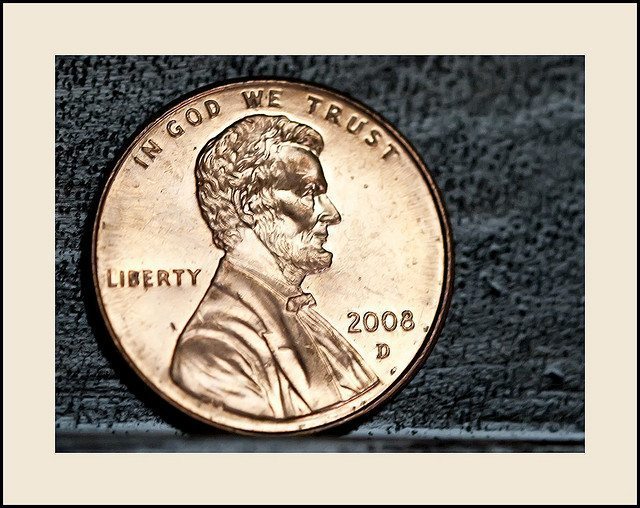One of the most common mistakes that entrepreneurs make is using personal credit cards to fund their business. This has a disastrous impact on their personal credit scores, debt ratios, and their financial future – not to mention the problem of co-mingling funds! I strongly recommend you put a business credit card on your short list of start-up needs.
In fact, credit cards are such an important part of the financing “strategy” for many startups that it pays to take the time to investigate options and choose the right cards. Here’s what to look for:
#1: Choose a credit card that won’t hurt your personal credit rating.
It doesn’t matter whether you are making purchases for business or personal purposes – if you max out a credit card that appears on your personal credit report, your FICO score will suffer. That’s because almost a third of your FICO score is based on the debt you carry.
And don’t assume that because you pay the bill off in full each month, you are OK. The credit report only lists the balance on your account when that account is reported each month by the credit card companies. It doesn’t indicate whether you pay it in full. If you choose a corporate credit card card that does not report your activity to the personal credit reporting agencies, you will help protect your personal credit rating.
#2: Pick a card that will help you build your business credit rating.
A few business credit cards report to the corporate credit reporting agencies, such as D&B or Experian. It is a good idea to choose a business credit card that does report the corporate credit agencies in order to establish business credit references. Remember, if the account isn’t reported, it doesn’t help your credit.
#3: Choose a card that will offer you the best deal.
Small business credit cards have some of the most attractive offers out there, with very low-rate introductory offers and balance transfers. But remember to read the fine print. If you miss a payment or your debt gets too high, the issuer may reserve the right to raise your interest rate. And be realistic: while you may hope to have enough money to pay off the balance when the promotional period ends, ask yourself, “What will this cost me if I can’t?”
#4: Choose one you’ll get.
Even small business cards that don’t report to the personal credit reporting agencies are likely to check your credit report when deciding whether to approve you. Multiple inquiries in a short period of time will hurt your credit score and make it that much more difficult to get approved for the loans you want.
#5: Get a card with great perks.
Have you noticed I’ve saved the best for last? The perks for small business cards can be fabulous, but they won’t be so attractive if you are shelling out a lot of interest each month because you have overspent. Again, do a reality check. If you will carry a balance, weigh the cost of the card against the benefits you’ll earn.
And if you are going to carry balances, a low-rate card almost always wins out against one with the best rewards. Of course if you can qualify for one with a low rate and great rewards you’ll get the best of both worlds.






